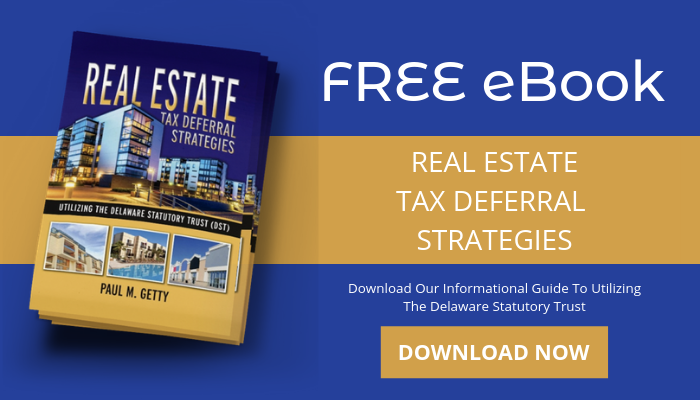Many real estate investors are aware of the two important deadlines that must be observed when a completing a 1031 exchange: 1) 45-days after close of escrow to identify replacement properties, and 2) up to 180 days after close of escrow to complete the purchase of replacement properties.
Investors who begin 1031 exchanges between October 16, 2023, and December 31, 2023 need to consider an important exception to the 180-day timeline. Per the 1031 tax code, investors must complete the acquisition of their previously identified replacement properties within 180-days of closing escrow on their sold property or by the earlier of when their tax return is due.1
For example, if you sell a rental property on November 20, 2023, and plan to file your 2023 tax return by April 15, 2024, you may have only 147 days to complete the purchase of replacement properties.
If you find that you may need the full 180-days to purchase replacement properties, you should plan to file a tax extension.
Filing an Extension to Restore the Full 180-Day Exchange Period
To restore the full 180-day exchange period, you should first obtain a 6-month extension to complete your tax filing by completing and submitting IRS 4868. While this will allow you to delay filing your tax forms until October 15, 2024, you will still be required to complete the acquisition of all 1031 replacement properties within 180-days of closing on the sale of your relinquished property.
For example, if you closed the sale of your rental property on November 20, 2023, and filed a tax extension, you would be required to complete the acquisition of your 1031 replacement properties by no later than May 18, 2024 (180 days later).
Advantages to Having the 180-Day Exchange Period Expire Early
When beginning an exchange later in the year, it may not be always advantageous to file a tax extension to obtain more time to complete the 1031 exchange. For example, an investor may anticipate having extra funds remaining in their exchange account after purchasing all their desired replacement properties. This may occur if only some of the previously identified properties were acquired – or if the investor wishes to take possession of a portion of their exchange funds.
Since qualified intermediaries are generally required to hold all exchange funds until either when all replacement properties are purchased or at the end of the exchange period, filing a tax extension could result in delays in obtaining any remaining funds. To obtain remaining funds early, an investor could choose to not file an extension and their exchange period would therefore end on April 15th, and unused funds could be returned shortly thereafter.
Reporting Receipt of Exchange Funds Received in the Following Year
If exchange funds are received in the year following the initiation of the 1031 exchange, related tax reporting can be completed as part of that year’s tax filings rather than in the year when the 1031 exchange was initiated.
Additional Considerations
Keep in mind that when filing a tax extension, you will not be granted an extension of time to pay owed taxes. Plan on paying at least 90% of the owed taxes shown on your tax return by no later than your regular due date. Be also mindful to complete any required state tax extension forms such as form FTB 3519 if you reside in California.
Always check with your tax advisor to make sure you are complying with the requirements for your unique transaction.
Download Form 8824: https://www.irs.gov/pub/irs-pdf/f8824.pdf
Download Form 8824 Instructions: https://www.irs.gov/pub/irs-pdf/i8824.pdf
Download Form 4868: https://www.irs.gov/pub/irs-pdf/f4868.pdf
Download Form FTB 3519 (for California residents): https://www.ftb.ca.gov/forms/2021/2021-3519.pdf
For more information on 1031 Exchange tax deferral strategies, please contact First Guardian Group at 866 398-1031 or info@FirstGuardianGroup.com.









Your Comments :